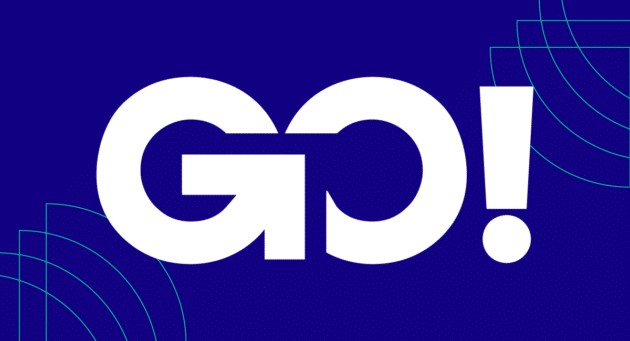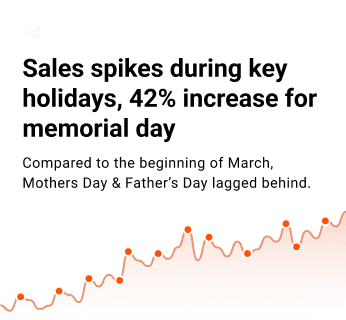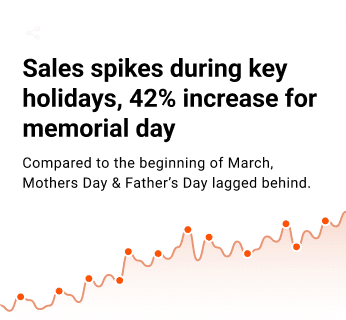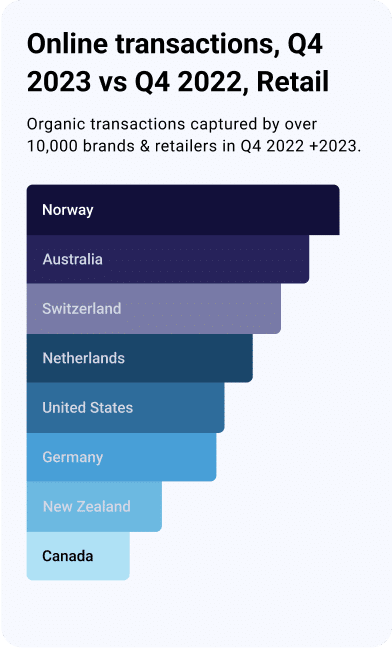Throughout this year, we kept hearing about ML (Machine Learning) and AI (Artificial Intelligence) at conferences, in queries and discussions with our clients, and in numerous research reports and articles. But our latest research shows that machine learning marketing solutions have a way to go.
On the whole, the machine learning landscape is growing rapidly, becoming a primary focus for many technology companies, including Google and Facebook.
The Google Cloud Platform, for example, features the machine learning service Cloud AI. Cloud AI offers pre-trained machine learning models and gives users the ability to build their own. Another Google project, AutoML, aims to develop algorithms that can learn to build other machine learning algorithms, thereby partially taking humans out of the equation.
For Facebook, machine learning has become foundational to the platform. The algorithms developed by Facebook are used to personalize all the products, ads, and content shown to each user on the social network.
However, despite these innovations, it doesn’t mean that marketers have started widely adopting machine learning marketing solutions.
Machine Learning in Marketing
Earlier in the year, Criteo partnered with IDC for an in-depth study on machine learning. IDC interviewed 459 marketing executives, including CMOs, VPs of marketing, and marketing directors.
The whitepaper, “Can Machines Be Creative? How Technology is Transforming Marketing Personalization and Relevance”, found that familiarity with machine learning applications is high amongst marketing executives, but usage is low.
While 83% of the respondents were familiar with machine learning marketing solutions, only 14% were using it. However, 33% confirmed they were now planning to invest in machine learning for communications personalization.
Which of the following best describes your familiarity with machine learning as a technology that could potentially be used for communications personalization?
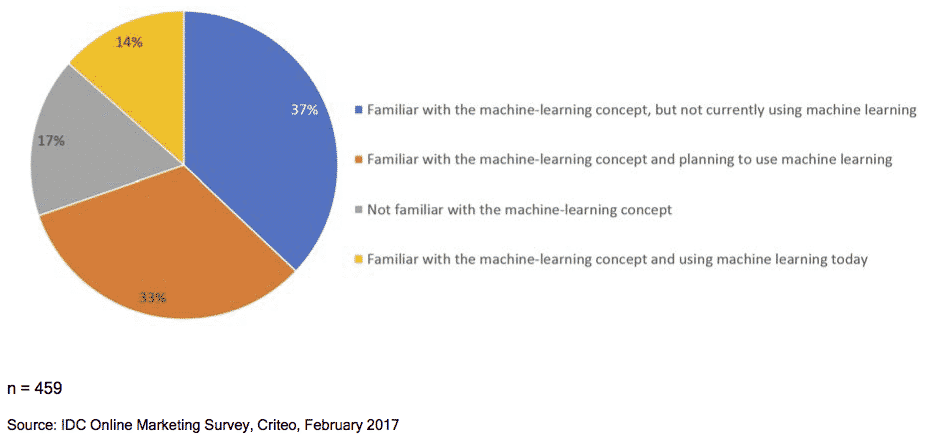
Additionally, machine learning usage is currently constrained by internal expertise, technical reasons, and lack of complete trust in the technology with regards to privacy and brand control.
The buyer journey offers great opportunities for machine learning to understand the content optimization required at each stage of the journey. A majority 64% of the marketing executives surveyed by IDC said that “optimized message targeting” and “real-time personalized advertising insertions” are key areas where machines will deliver business benefits by 2020.
Automation of personalization through machine learning is growing. Machine learning technologies that can facilitate relevance through personalization at scale are high on the priority list for future investment plans for brands and retailers.








